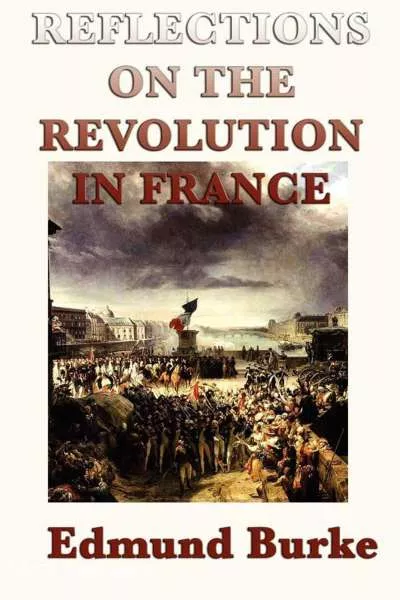
Reflections on the Revolution in France
by Edmund Burke
'Reflections on the Revolution in France' Summary
Burke served in the House of Commons of Great Britain, representing the Whig party, in close alliance with liberal politician Lord Rockingham. In Burke's political career, he vigorously defended constitutional limitation of the Crown's authority, denounced the religious persecution of Catholics in his native Ireland, voiced the grievances of Britain's American colonies, supported American Independence and vigorously pursued impeachment of Warren Hastings, the Governor-General of British India, for corruption and abuse of power. For these actions, Burke was widely respected by liberals in Great Britain, the United States and the European continent. Earlier in his career, Burke had championed many liberal causes and sided with the Americans in their war for independence. Thus, opponents and allies alike were surprised at the strength of his conviction that the French Revolution was "a disaster" and the revolutionists "a swinish multitude".
Soon after the fall of the Bastille in 1789, the French aristocrat Charles-Jean-François Depont asked his impressions of the Revolution and Burke replied with two letters. The longer, second letter, drafted after he read Richard Price's speech A Discourse on the Love of Our Country in January 1790, became Reflections on the Revolution in France. Published in November 1790, the work was an instant bestseller as thirteen thousand copies were purchased in the first five weeks and by the following September had gone through eleven editions. According to Stephen Greenblatt in The Norton Anthology of English Literature, "part of its appeal to contemporary readers lay in the highly wrought accounts of the mob's violent treatment of the French king and queen (who at the time Burke was writing were imprisoned in Paris...)." The French king and queen were respectively executed three years later, in January and October 1793.
Burke wrote that he did not like abstract thinking, that freedom and equality were different, that genuine equality must be judged by God and that liberty was a construct of the law and no excuse to do whatever one would like. He was not comfortable with radical change and believed that the revolutionaries would find themselves further in trouble as their actions would cause more problems. In his opinions, the revolutionaries did not understand that "there are no rights without corresponding duties, or without some strict qualifications".
With his view of what he believed would happen to the revolutionaries, one can see why Burke did not like change. Men cannot handle large amounts of power. "When men play God", Burke said, "presently they behave like devils".
Book Details
Language
EnglishOriginal Language
EnglishPublished In
1790Authors
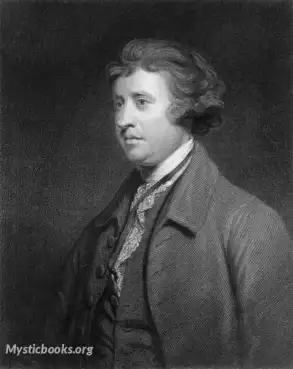
Edmund Burke
Ireland
Edmund Burke was an Irish statesman, economist, and philosopher. Born in Dublin, Burke served as a member of parliament (MP) between 1766 and 1794 in the House of Commons of Great Britain with the Whi...
Books by Edmund BurkeDownload eBooks
Listen/Download Audiobook
- Select Speed
Related books

Mémoires, lettres et pièces authentiques touchant la vie et la mort de S.A.R. Monseigneur Charles-Ferdinand d'Artois, Fils de France, Duc de Berry by François-René de Chateaubriand
The book is a biography of Charles Ferdinand, Duke of Berry, the nephew of King Louis XVIII of France. The Duke was a prominent figure in the Bourbon...
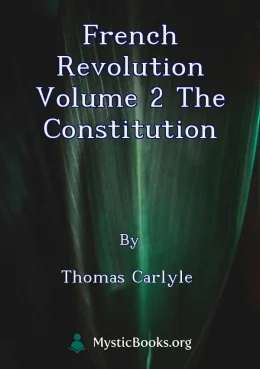
French Revolution Volume 2 The Constitution by Thomas Carlyle
This book, written by the Scottish essayist, philosopher, and historian Thomas Carlyle, is a comprehensive three-volume work that chronicles the cours...
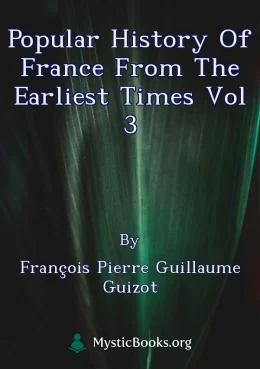
Popular History of France from the Earliest Times vol 3 by François Pierre Guillaume Guizot
François Guizot's "Popular History of France" provides an engaging and accessible account of French history from its earliest origins to the mid-19th...
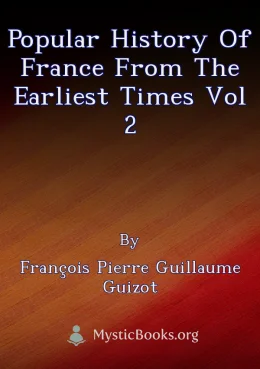
Popular History of France from the Earliest Times vol 2 by François Pierre Guillaume Guizot
This comprehensive history of France from its earliest times to the mid-19th century covers the major events, figures, and movements that shaped the n...
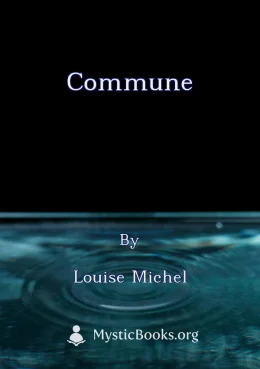
Commune by Louise Michel
« La Commune » de Louise Michel est un récit poignant de l'insurrection parisienne de 1871, un événement qui a profondément marqué l'histoire de la Fr...

Quatrevingt-treize by Victor Hugo
Quatrevingt-Treize, Victor Hugo's final novel, transports readers to the turbulent Vendée region of France in 1793, during the darkest days of the Fre...

Beacon Lights of History, Vol 9: European Statesmen by John Lord
This volume in the 'Beacon Lights of History' series focuses on prominent European statesmen of the late 18th and early 19th centuries. John Lord delv...

Essai sur les révolutions suivi des Etudes historiques by François-René de Chateaubriand
This book, written by the renowned French writer François-René de Chateaubriand, is a profound reflection on the nature of revolutions, both in their...

French Revolution: A History. Volume 1: The Bastille by Thomas Carlyle
Volume 1 of Thomas Carlyle's three-volume "The French Revolution: A History" covers the events of the French Revolution up to the forced move of Louis...
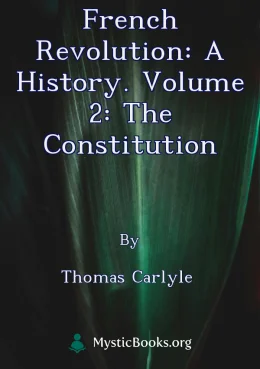
French Revolution: A History. Volume 2: The Constitution by Thomas Carlyle
This volume of Carlyle's comprehensive work chronicles the tumultuous period following the French Revolution's initial phase. It delves into the effor...
Reviews for Reflections on the Revolution in France
No reviews posted or approved, yet...